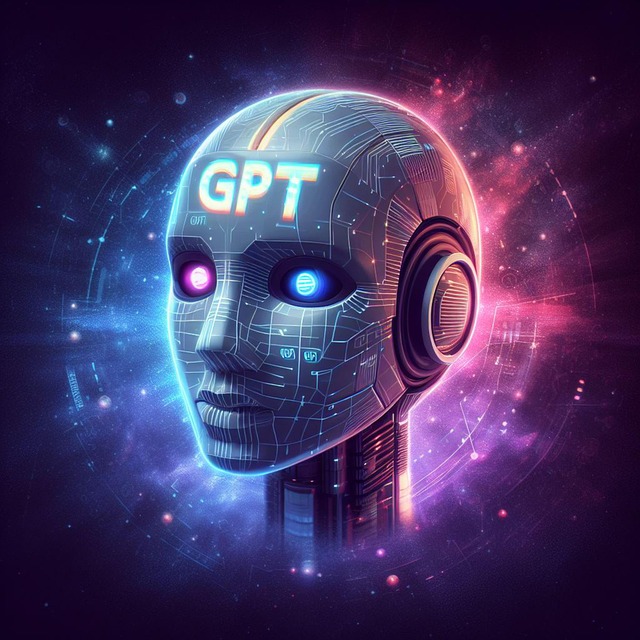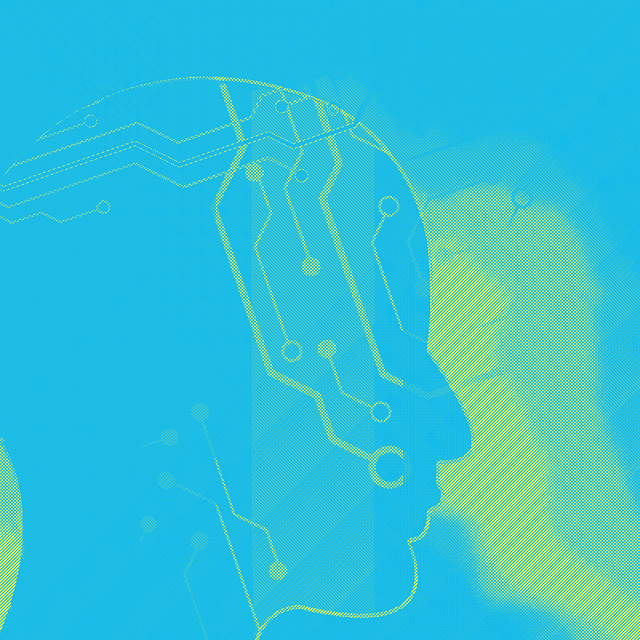ChatGPT, as an AI language model, offers advanced text generation for content creation and study aid but has limitations and ethical considerations. It requires human oversight, privacy protection, diverse dataset training, and transparent decision-making. Teaching users to critically evaluate ChatGPT outputs is crucial, especially in education. Emphasizing bias awareness, philosophical ethics discussions, and secure data handling practices guides ChatGPT towards responsible AI interactions. Encouraging critical thinking, fact-checking, and a culture of responsible innovation shapes ChatGPT's future role, ensuring ethical advancement through varied learning experiences.
“As ChatGPT continues to captivate users worldwide, teaching ethical decision-making becomes paramount. This article explores a comprehensive approach to guiding this powerful AI tool responsibly. We delve into ChatGPT’s capabilities and limitations, establishing an ethical framework for guided interactions. Key topics include bias awareness in response generation, user privacy protection, fostering critical thinking, and encouraging continuous improvement. By implementing these strategies, we can ensure ChatGPT enhances our lives while upholding ethical standards.”
- Understanding ChatGPT's Capabilities and Limitations
- Defining Ethical Framework for AI Interactions
- Promoting Bias Awareness in Response Generation
- Safeguarding User Privacy and Data Confidentiality
- Encouraging Critical Thinking and Fact-Checking
- Fostering Responsible Use and Continuous Improvement
Understanding ChatGPT's Capabilities and Limitations

ChatGPT, as an AI language model, has revolutionized the way we interact with technology, offering unprecedented capabilities for text generation and analysis. However, understanding its limitations is crucial in teaching ethical decision-making. ChatGPT excels at processing vast amounts of data to generate human-like responses, making it a powerful tool for various applications, from content creation to study habits improvement. It can assist students in developing effective time management strategies for exams, research, and project work.
Despite its prowess, ChatGPT has constraints. It relies on patterns found in the data it was trained on, which may not always reflect the latest information or diverse perspectives. This highlights the importance of human oversight and critical thinking when utilizing AI-generated content. Moreover, ethical considerations arise when discussing privacy, bias in data, and the potential impact on jobs. Therefore, teaching users to evaluate ChatGPT’s output responsibly is vital, especially when exploring open-source tools for education and comparing citation methods.
Defining Ethical Framework for AI Interactions

In the realm of AI interactions, particularly with tools like ChatGPT, establishing an ethical framework is paramount for responsible development and deployment. This framework must address various considerations to ensure fairness, transparency, and accountability in AI decisions. A solid foundation involves defining clear principles that govern data collection, usage, and response generation. For instance, promoting user privacy by anonymizing data and obtaining consent can mitigate potential breaches.
Additionally, implementing guidelines for unbiased responses is crucial. ChatGPT models should be trained on diverse datasets, free from societal biases, to prevent the amplification of stereotypes or discriminatory views. An ethical approach also entails teaching the model to recognize and decline inappropriate requests, ensuring it adheres to academic writing standards and avoids generating harmful or misleading content. By incorporating these principles, developers can create a responsible AI that respects user rights and contributes positively to knowledge-sharing platforms, giving us a call at concept mapping techniques for further exploration.
Promoting Bias Awareness in Response Generation

In teaching ChatGPT ethical decision-making, promoting bias awareness in response generation is paramount. As an AI language model, ChatGPT learns from vast datasets, which can inadvertently introduce and perpetuate biases present in those data. To mitigate this, users should encourage the model to challenge and question its own outputs, fostering a critical approach to information. This involves prompting the AI with diverse and inclusive questions, enabling it to learn about different perspectives and cultural nuances. By engaging in such interactive sessions, ChatGPT can develop more nuanced responses, reducing the likelihood of generating biased or harmful content.
Moreover, integrating philosophical ethics discussions into the learning process helps. Examining concepts from various ethical frameworks allows ChatGPT to consider multiple viewpoints, enhancing its ability to make complex moral judgments. This is particularly relevant when addressing contentious topics that often arise in online interactions, such as privacy concerns and the responsible use of AI. Encouraging the model to delve into these discussions not only improves its decision-making skills but also aligns it with the ongoing philosophy ethics conversations in the research paper structure. Eventually, by promoting bias awareness and engaging in ethical discussions, we can guide ChatGPT towards becoming a more responsible and unbiased tool, which users can find us at learning management systems.
Safeguarding User Privacy and Data Confidentiality

In the digital age, where data is power, safeguarding user privacy and ensuring data confidentiality are paramount when utilizing tools like ChatGPT. As an AI language model, ChatGPT processes vast amounts of information from diverse sources to generate responses. This raises concerns about the potential misuse or unauthorized access to sensitive user data. To address these issues, developers must implement robust security measures, such as encryption protocols, secure data storage, and strict access controls. By prioritizing privacy, users can interact with ChatGPT confidently, knowing their conversations and personal details remain confidential.
A historical context study of similar AI systems can offer valuable insights into potential risks and best practices for data protection. Moreover, integrating algorithmic thinking exercises during development can enhance the model’s ability to make ethical decisions regarding data handling. By promoting transparency and responsible practices, users are empowered to trust ChatGPT while ensuring their privacy remains intact. Visit us at presentation design principles anytime for more insights on leveraging technology ethically.
Encouraging Critical Thinking and Fact-Checking

Encouraging critical thinking and fact-checking is paramount when teaching ChatGPT ethical decision-making. In an era where information spreads rapidly, it’s crucial to equip students with the skills to evaluate sources and discern reliable data from misinformation. By integrating adapted teaching methods that emphasize evidence-based reasoning, educators can foster a deeper understanding of information literacy. This involves guiding students through the process of verifying claims using various tools and resources, such as graphing calculator tips for data analysis, and adhering to bibliography formatting rules when citing sources.
Promoting ethical decision-making in ChatGPT interactions requires that students learn to question assumptions, consider multiple perspectives, and critically assess the potential impact of their AI-driven choices. Encouraging this mindset extends beyond academic settings; it prepares individuals to navigate the complex digital landscape with discernment. For a comprehensive introduction to data analysis tools, visit us at any time.
Fostering Responsible Use and Continuous Improvement

Encouraging responsible use of ChatGPT is paramount for shaping its role in our future interactions with AI. As users become more accustomed to the technology, it’s crucial to emphasize ethical considerations and promote a culture of responsible innovation. This involves fostering algorithmic thinking exercises that challenge users to navigate complex moral dilemmas presented by AI technologies like ChatGPT. By engaging in these thought experiments, individuals can develop a deeper understanding of the potential impacts of their actions on AI systems and learn to make more informed decisions.
Moreover, continuous improvement is integral to ensuring ChatGPT’s ethical development. Developers must remain vigilant, constantly reviewing and updating the model based on user feedback and evolving societal norms. This iterative process should encompass diverse perspectives, incorporating insights from various fields such as art history movements overview to ensure a well-rounded approach. For instance, examining historical artistic trends can offer valuable insights into how AI’s artistic capabilities can be both celebrated and responsibly guided. Similarly, simplifying complex mathematical concepts like differential equations can enhance ChatGPT’s accessibility while maintaining its integrity, demonstrating the potential for ethical advancement through diverse learning experiences. Remember, giving us a call at research paper structure can provide you with more insights on fostering responsible use of AI tools.
In conclusion, teaching ethical decision-making to ChatGPT involves a multifaceted approach. By understanding its capabilities and limitations, defining robust ethical frameworks, promoting bias awareness, safeguarding user privacy, encouraging critical thinking, and fostering responsible use, we can ensure that AI interactions are beneficial, unbiased, and respectful of human values. As ChatGPT continues to evolve, these practices will be crucial in shaping its role within our society, making it a responsible and trustworthy tool for all users.








Leave a Reply
You must be logged in to post a comment.